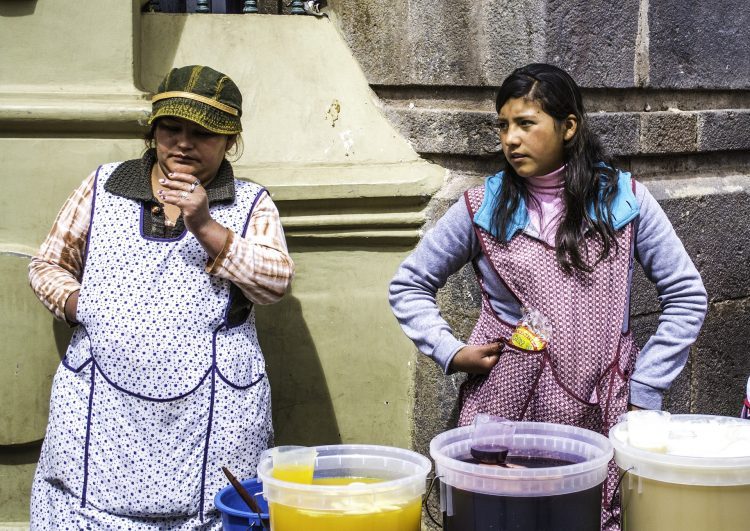The Gender Equality Policies and Social Policies areas of the European Union’s EUROsociAL+ Programme, through the experts María Elena Valenzuela and Dante Moreno, are providing technical assistance for the preparation of the regulations and design of the employers and domestic workers register, which will allow the recently approved Law on Domestic Work to be implemented in Peru.

Foto: benralexander 1
This law settles a historical debt owed to domestic workers (TdH). Household work has traditionally been performed by working women from low-income households and the most disadvantaged social groups. Gender stereotypes, prejudices regarding care work as a task that does not require technical knowledge since it is developed through the “natural” qualities and abilities of women, has contributed to its devaluation and has been a factor which determines its poor quality of employment, precarious working conditions and the deficit of decent work for TdH.
In Peru, there are 420,000 domestic workers[1]. The vast majority (95%) are women. Household work is characterised by its high rates of informality: 89% of these workers are working in the informal sector and do not have access to social security. Their wages are low and more than half (52.5%) earn a monthly income that is below the legal minimum income.
Recently, Peru has taken very important steps to achieve full recognition of domestic workers’ rights. In July 2018, parliament unanimously adopted the decision to ratify Convention 189[2].
In this context, the “Action Plan for Compliance with the Rights of Domestic Workers 2019-2021 was established, within the framework of the implementation of ILO Convention 189” and the Ministry of Labour and Employment Promotion established a Working Round Table, with the participation of TdH trade union organisations, in order to prepare a diagnosis and propose measures to improve working conditions in the sector.
Added to the ratification of Convention 189 are the regulatory achievements made in 2020, in the midst of the crisis generated by the pandemic: Legislative Decree No. 1499 that made it mandatory to have a written contract and Law No. 31,047, which equates the rights of domestic workers with those of the rest of the salaried sector.
The process of preparing the regulations in Peru has had a social dialogue dimension through a process of consultation and dialogue with domestic worker organisations. On 29 December, a series of 4 sessions of the Domestic Working Round Table was inaugurated in order to incorporate the voices of domestic workers and receive their contributions to ensure that the regulations reflect the spirit of the law and Convention 189. These sessions were held remotely and enjoyed massive participation on the part of TdH organisations from all over Peru. EUROsociAL+ and the ILO were invited to participate in these sessions, providing an international perspective.
The new regulations on domestic work in Peru mark a watershed. For the first time, full rights are recognised for female workers, through the obligation to have a written contract, minimum wage, the right to social security, and the right to receive the same bonuses as other salaried workers. The regulations will not only help to firm up these achievements, but they must also establish the procedures and provide the necessary tools to guarantee that these norms are complied with and that they do not go unheeded.
[1]National Household Survey on Living Conditions and Poverty (ENAHO) 2019
[2] Peru deposited this with the ILO in November 2019, becoming the sixteenth country in the Latin American and Caribbean region to adopt this international instrument that sets minimum standards regarding rights in this sector. Convention 189 entered into force in Peru on 23 November 2020.



